|
Prof Theo Pagel, president of the World Association of Zoos and Aquariums (WAZA) and director of Germany’s Cologne Zoo, looks back at a year of turmoil for his community, while also looking at the future for visitors, biodiversity, education and animal protection.

Tom Anstey | Planet Attractions | 01 Dec 2020
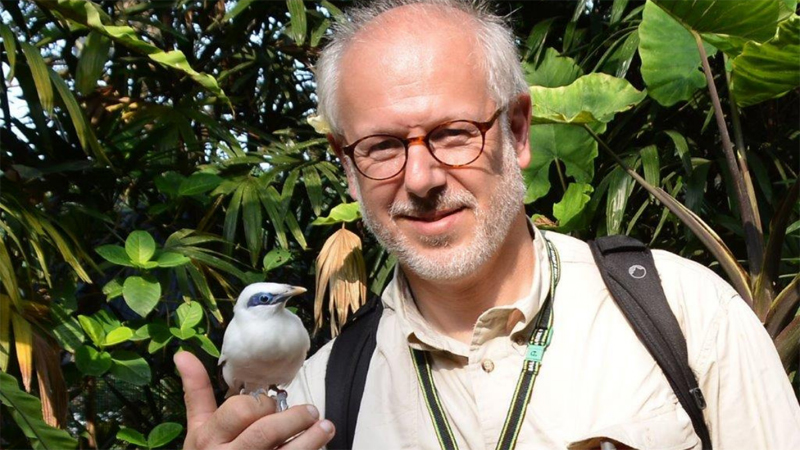
 Prof Theo Pagel has worked in zoos for close to 30 years Credit: WAZA/Cologne Zoo Prof Theo Pagel has worked in zoos for close to 30 years Credit: WAZA/Cologne Zoo
It’s truly been one of those years. Stuck indoors for lengthy periods of time, working from home, visitor attractions shut down - there aren’t many places that have managed to survive unscathed from the effects of this global pandemic.
For the World Association of Zoos and Aquariums (WAZA) - the umbrella organisation for the world’s leading zoos and aquariums - it’s members have been hit among the hardest in the entire industry.
The vast majority of animal attractions operate as conservation charities, with the bulk of income coming from ticket sales. While many attractions and other businesses across the world have suffered losses from ongoing closures, in addition to worrying about paying its staff, zoos and aquarius have also had to continue to provide expert care for their inhabitants - many facing food bills into the hundreds of thousands on a monthly basis.
For Professor Theo Pagel’s Cologne Zoo, this was no different. Germany is currently in its second lockdown and as such, the zoo remains closed to visitors, reducing income to zero.
Prof Pagel, who has worked in zoos for nearly three decades, also has the current responsibility of overseeing WAZA - a difficult challenge when travel and contact have also almost been completely restricted.
While it’s been a tough year for everyone, WAZA has still managed to find success. Prof Pagel spoke to Planet Attractions’ Editor in Chief, Tom Anstey, about the ups and downs 2020 has brought for Cologne Zoo and the wider community of animal attractions.
When did you take up your position as president of WAZA?
“I was elected in 2019, so I’m currently halfway through my two-year tenure. I’m the first ever global president for WAZA who has been forced to work locally. We haven’t been able to meet anywhere, which is really strange and difficult. I will hand over to the next president, hopefully at our 76th Annual Conference in Moscow, Russia, next year.”
What have you achieved since starting your presidency?
“First I had to establish a new team in the WAZA offices. In the last year, our office moved from Switzerland to Spain – we’re now based in Barcelona.
As well as that, we had to find a new CEO - Prof Martin Zordan - and we now have an excellent team working for us covering finances, conservation and welfare. We also have two people in membership and communications, who have been very committed and have had to deal with all the problems COVID-19 has created.
Our mission is to bring together the planet’s leading zoos and aquariums and as we do that, we want to make the world a little bit better. My personal point of view is we want scientific run animal attractions preaching education, research and conservation.
We also want to raise certain standards, so we were very happy in June to raise two important strategies about sustainability and conservation education. Despite the year we’re all having, WAZA is very much on track.”
This year has been very difficult for many, zoos and aquariums included. What targets have been set in light of the way 2020 has played out?
“Our current goals are to increase our membership and enlarge our zoo and aquarium community.
We have key animal welfare goals, so we want to have all of our members accredited and checked. We are working with the regional associations and with the council on that but we’ve also had the COVID-19 problem, which makes everything difficult to work on.
One of the key things we want to achieve is enlarging and strengthening our global partnerships. We have a close partnership with the International Union for Conservation of Nature Species Survival Commission(IUCN SCC). I have a seat on the IUCN SCC and that is what we’ve been focused on.”
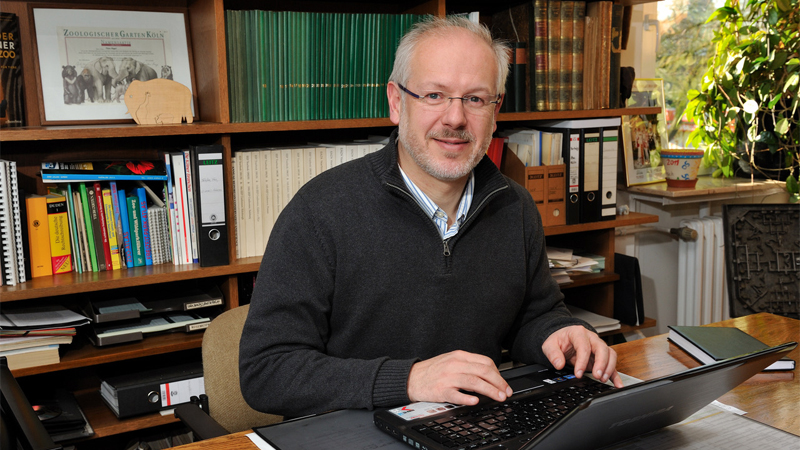
How have you supported your members through this crisis?
“We started by offering a letter of support and excellence, telling governments that these were elite institutions which should be supported by their local authorities.
When everything shut down, we immediately started webinars, where we showed our colleagues around the globe how different zoos and aquariums were handling closures and the reopening process.
As a community, we shared knowledge and learned from each other. We also stayed in touch with the institutions concerning conservation, helping them learn how to run their businesses with little to no income.”
Closer to home, how has Cologne Zoo been affected?
“It’s surreal for a zoo to have no visitors. We’re currently in our second lockdown. It’s hard for all of us who are closed - not just zoos and aquariums.
We’ve had a lot of talks with sponsors, with governments and with people who can support us financially, to keep our work going.
Of course we have been affected very much through the pandemic. We’re currently in the process of preparing different scenarios based on how long this goes on for.”
Have the closures affected the animals?
“Within all of our WAZA member zoos and aquariums, we were able to maintain our high care standards during closure. There was no change for the animals aside from the fact there were no visitors.
Interestingly, some species really missed interacting with people. Some are very curious but I would never have imagined the giraffes would fall under that category. When they see you they will really come and look at you and interact with you. When you have 10,000 people in a day, that doesn’t happen.”
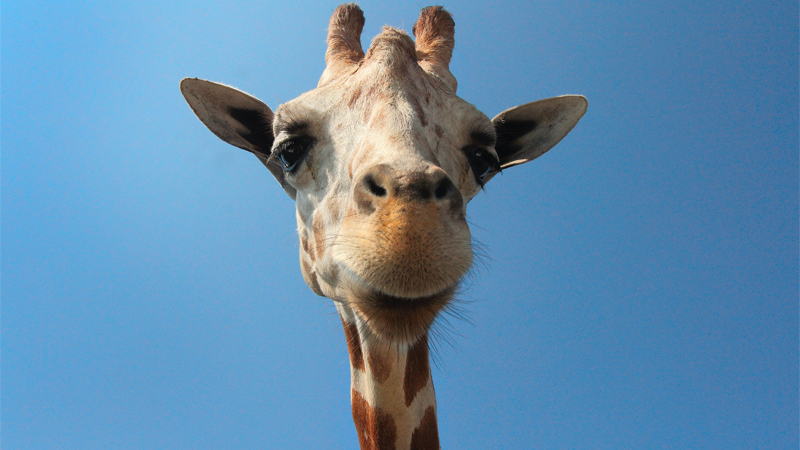
How have animal attractions managed to create alternate funding during this period?
“In our time of need, many of us got a lot of support from our visitors. In Germany, I personally spoke to the government and we were able to secure €11.8m for the zoos in my region. Unfortunately, there is an €800,000 funding cap per institution, which for the larger zoos, is simply not enough. At the moment we’re talking to the German government about securing further funding.”
Have there been any positives to come from 2020 for zoos and aquariums?
“There are two things we were able to learn - first, that nothing is impossible.
Governments are able to close down whole states and countries to almost zero. In the future, when we try to do things for nature and conservation, they will not be able to say it’s impossible. If they really want to, and if society wants to, we can achieve a lot.
The second thing we learned is that we are living in a truly global society. Your problem becomes my problem and vice versa. I really hope that after the crisis that we are much stronger than before, that people will understand that we have to save biodiversity, that we have to have intact habitats and that we have to work together to achieve our goals.”
Where have you seen innovation this year?
“I think we’ve reinvented the wheel. We’re back to natural exhibits and we’re back to showing the animals close up, without harming them or their personalities. In these immersive exhibits, you can really experience the wild.
We’re still struggling with VR. Is it a good add on? Will it be possible to apply it to our realm? Of course our visitors come to animal attractions because they want to see the real deal.
Here at Cologne Zoo, whenever we build a large new exhibit, it’s connected to a nature conservation project in the wild. That is going on all around the world and that’s a very good sign.”
What’s your outlook for the future?
“We are being optimistic. We will come out of this stronger, with people realising how important zoos and aquariums are and that we are a good tool for governments to have us and use us. More than 700 million people visit zoos and aquariums every year. If we can influence them to change their minds and their behaviour, I think that is the most important point we can bring.”
What are the key things zoos and aquariums can learn from the last year?
“The most important thing is to build up an emergency cash reserve and to find partners that can be depended on in a crisis like this.
WAZA as the global umbrella is becoming more and more important because we have only global problems. Partnering and supporting each other has been critical in the last year. We are a community, not an industry. We’re not fighting for visitors, we are partners.
I very much missed this year being able to meet my friends and colleagues from other zoos and aquariums to exchange knowledge and ideas. We always share our knowledge and as a result, everyone benefits - the animals, the colleagues and the other institutes.”
What are you planning at Cologne Zoo at the moment?
“We’re still working and have been lucky enough to have a construction budget separate from our operations budget.
We’re rebuilding the South America House which originally opened in 1899.
We’re Germany’s third-oldest zoo, opening in 1860, so we have a lot of old buildings with a lot of history. The South America House will be rebuilt as it was on the outside when it first opened and then on the inside as a completely immersive exhibit for South American animals.
Architects Dan Pearlman have master planned the development, which will primarily feature birds and primates. You will walk through the rainforest and we’ll hopefully be able to open the new experience at the beginning of the Easter holidays. We have several projects we’re constructing at the moment for a combined €22m (US$26.2m, £19.6m), and this represents about €9.5m (US$11.3m, £8.5m) of these investments into improving the zoo.”
What are WAZA’s plans for next year?
WAZA wants to meet in person again in 2021, hopefully at the 76th WAZA
Annual Conference conference in Moscow, in October.
“We will work on our animal welfare goals and hope our members use our newly-launched sustainability strategy and World Conservation Education strategy. We’re also trying to reduce the use of single-use plastic among our members.
“We hope that all the important meetings that were cancelled this year will take place in 2021, such as the IUCN World Conservation Congress.
We’re still working together with the IUCN SSC and other leading partners on the “Reverse the Red” movement. WAZA is one of the driving forces behind this initiative, which aims to reverse the negative decline of species extinctions on the IUCN Red List.”
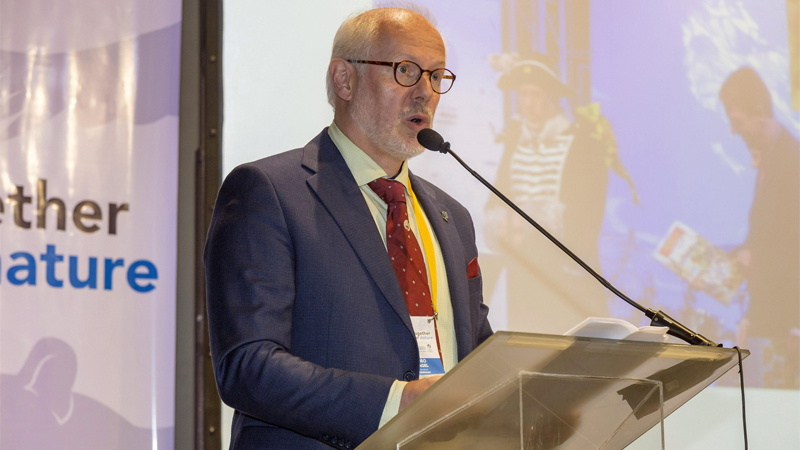
Aside from your own, do you have a favourite zoo?
“I don’t have a favourite zoo, I only have favourite exhibits.
I have visited several hundred zoos around the world and I would never say ‘this is the one I want to run’. Instead, I always say, this exhibit is in the wrong zoo... It’s not in mine!’
If I really look into my heart, I would say an organisation like the Wildlife Conservation Society in New York, that is one of my favourites among a number of others. They aren’t just a zoo, they have projects around the world - they are conservation leaders.
My favourite exhibition is also a difficult question. I have many favourite exhibits for different species. In Jurong Bird Park, I love the huge aviary and I love the Congo Gorilla Forest at the Bronx Zoo. Another great one is the large tank at the Monterey Bay Aquarium where they keep the whale sharks. These are impressive examples of how you can show animals, while also learning from them.”
What is your message for your absent visitors and the wider zoo community?
“I would say be optimistic. We will have a new normality. People will come back.
Nowhere else can you see animals of so many different species, so near, so safe and learn so much first-hand.
Come to our zoos and aquariums, we have a lot of stories to tell you.”
Animal attractions
|
|

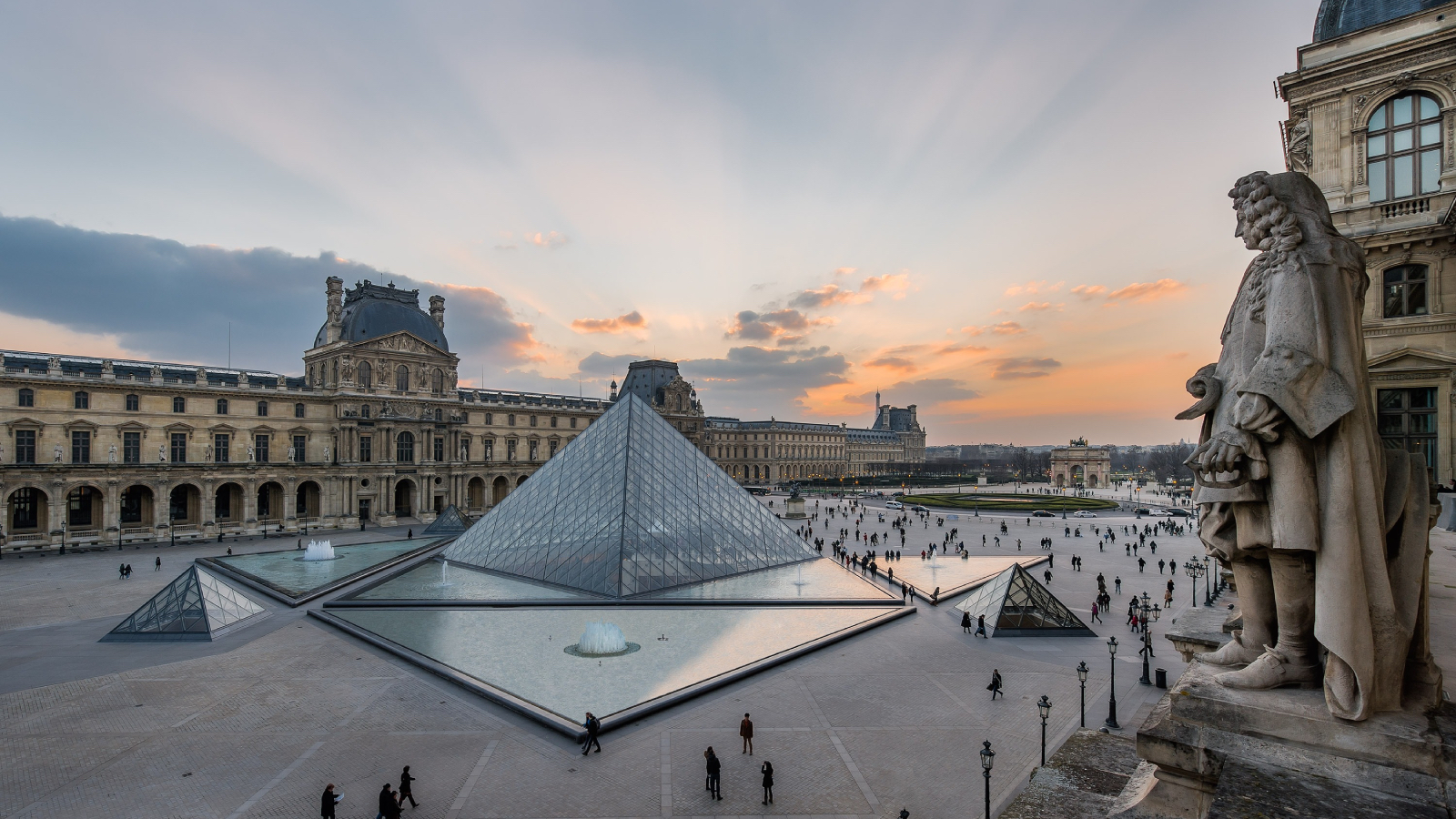
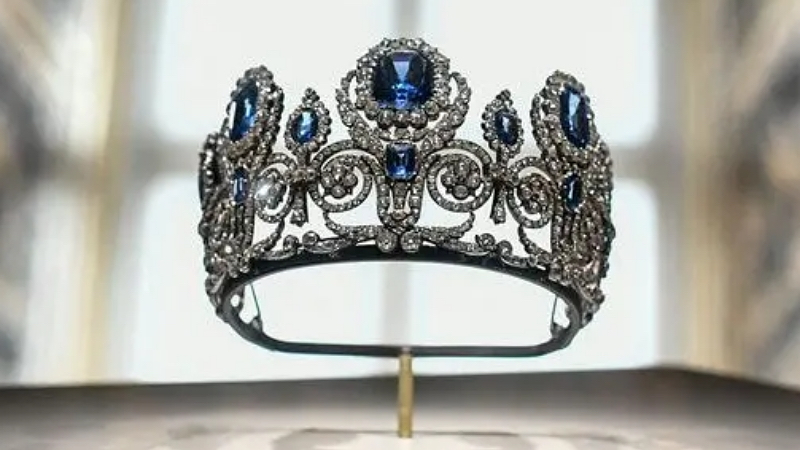
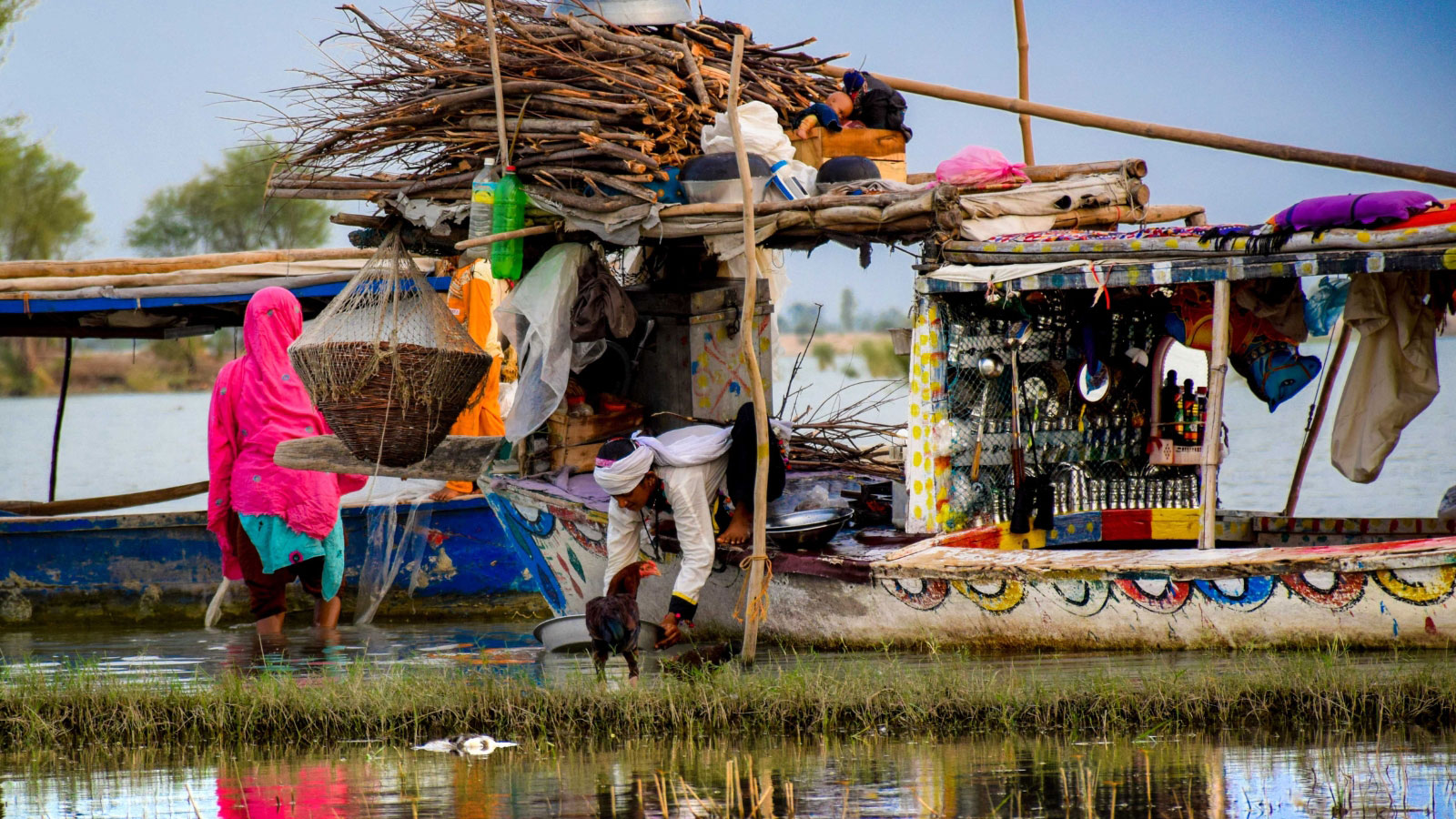
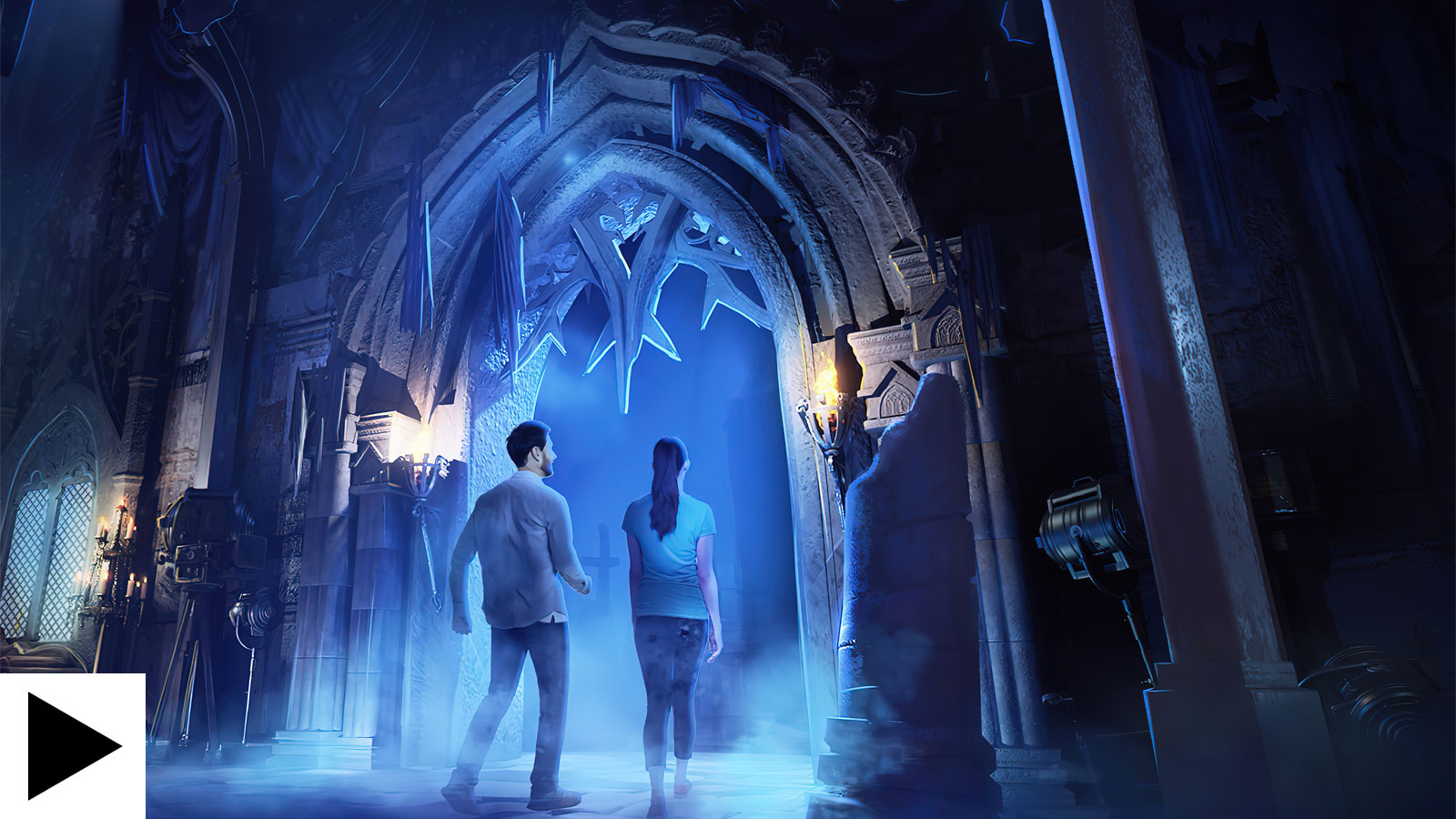
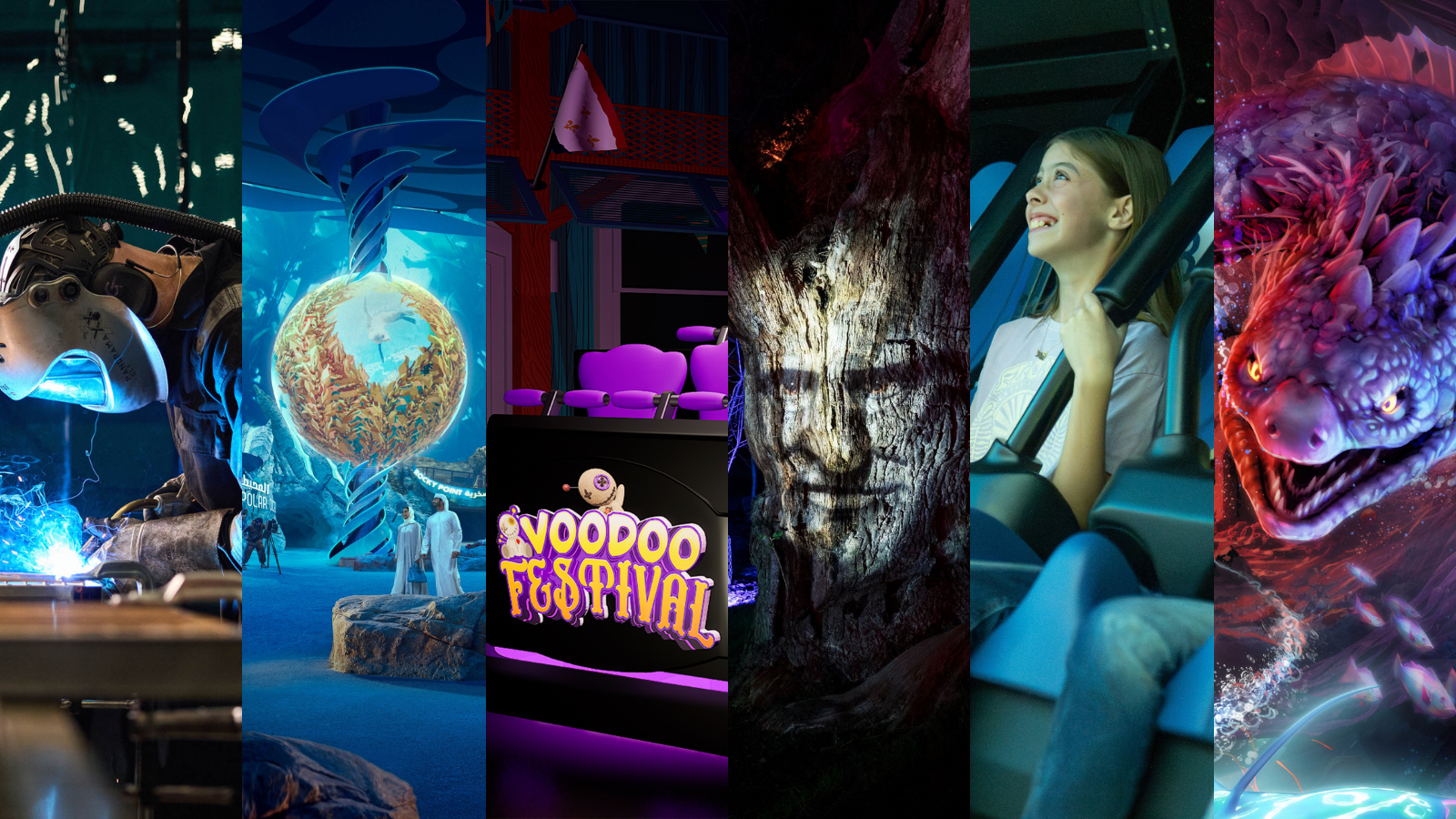
Supplier Showcase 2025: The biggest attractions projects landing worldwide this year
|